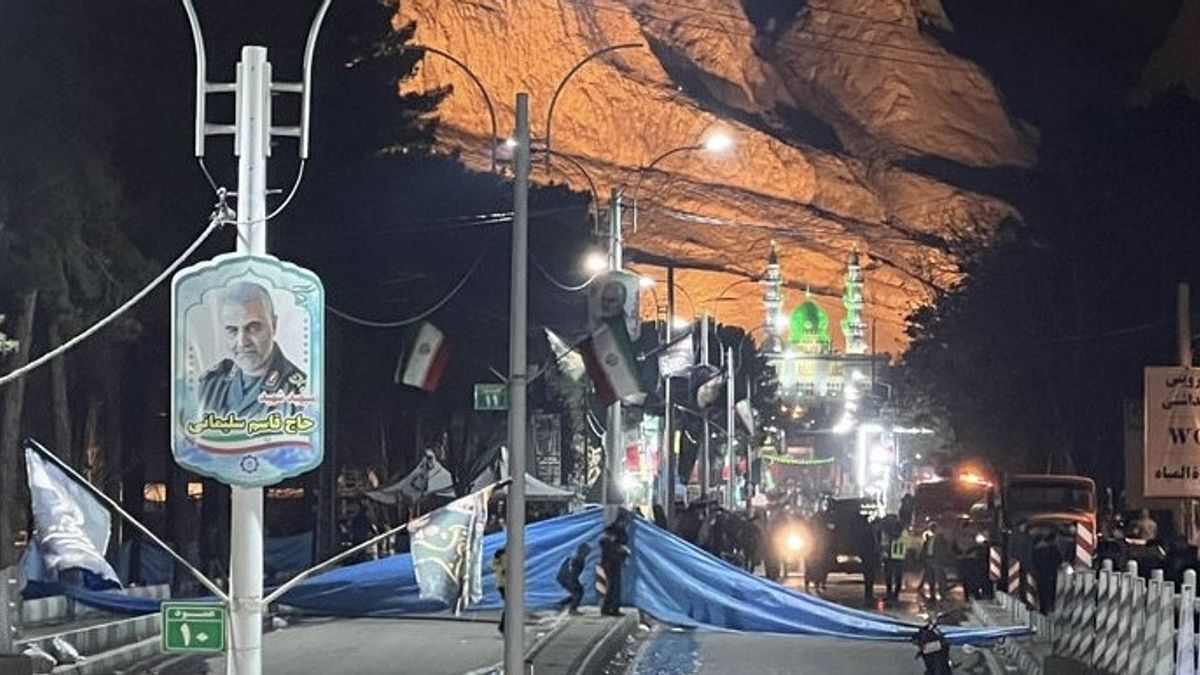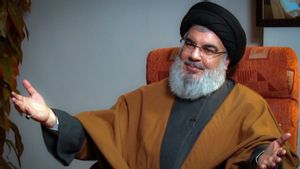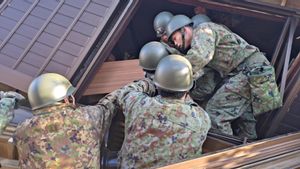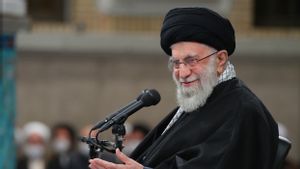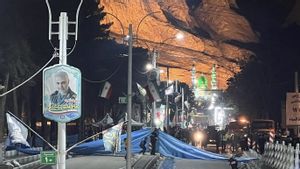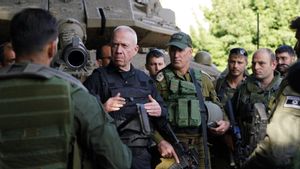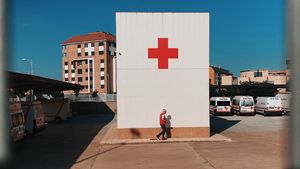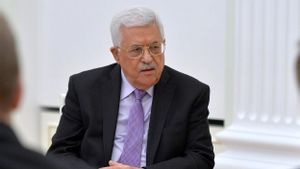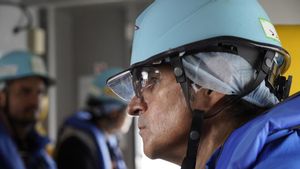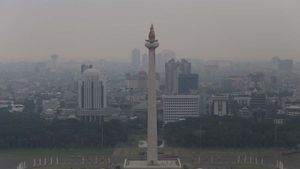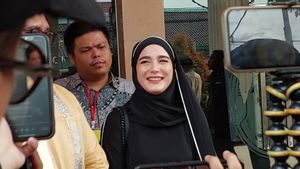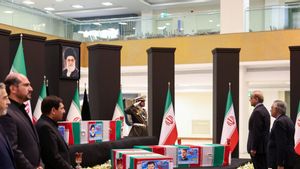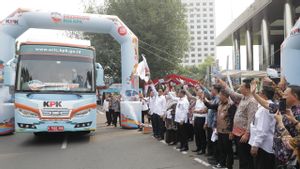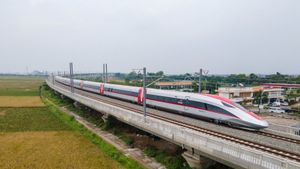JAKARTA - The Islamic State group on Thursday claimed responsibility for two explosions that killed nearly 100 people and injured hundreds more in Iran's Kerman City, during the anniversary of the death of one of the country's senior generals, Qasem Soleimani the day before.
In a statement posted on its affiliated Telegram channel, the Sunni militant group said two ISIS members had detonated an explosive belt amid a crowd gathered at the cemetery of the southeastern Iranian city of Kerman.
Tehran itself vowed to take revenge for the bloodiest attack since the 1979 Islamic Revolution. The twin explosions injured 284 people, including children.
"A very strong retaliation will be made to them through the hands of the Soleimani army," Iranian First Vice President Mohammad Mokhber told reporters in Kerman.
Iranian authorities have called for mass protests on Friday, when the funerals of the victims of the twin explosions will be held, state media reported.
Meanwhile, the Iranian Revolutionary Guard Corps (IRGC) described the attack as a coward act aimed at creating insecurity, revenge for the nation's deep love and dedication to Iran.
The warning marks the fourth anniversary of the death of Quds Chief of Forces Major General Qasem Soleimani as a result of the United States drone strike in Iraq in 2020.
Earlier, Iranian President Ebrahim Raisi condemned what he called "demonstrious and inhumane crimes" on Wednesday. Meanwhile, Iran's Supreme Leader Ayatollah Khamenei vowed to take revenge for the bombing.
Separately, the United Nations Security Council said in a statement condemning what it called a "surprisant terrorist attack" on Wednesday, expressing condolences to the families of the victims and the Iranian government.
Further details about the perpetrators of the attack and their motives cannot be determined. But Aaron Zelin, an expert at the Washington Institute for Near East Policy think tank, said he would not be surprised if the attack was carried out by Afghanistan's neighboring ISIS branch, known as ISIS-Khorasan, or ISIS-K.
Tehran, he said, accused ISIS-K of being behind many of the plans that failed in the last five years. Most of those arrested were Iranians, Central Asians, or Afghans who came from Afghanistan-based affiliated networks, not from the group's networks in Iraq and Syria.
ISIS, he said, harbors great hatred for Shia who is considered anemployee, and for years has posed a threat to Tehran.
The Taliban crackdown on ISIS-K in Afghanistan, forced some of its members to move to neighboring countries, but the group continues to plan operations overseas, according to US officials.
"The increasing external focus of ISIS-Khorasan may be the most concerning development," said a report by the US National Counterterrorism Center published in August at CTC Sentinel, a publication from the Center for Terrorism Eradication at West Point.
관련 항목:
In 2022 ISIS claimed responsibility for the deadly attack on Iran's Shiite mosque that killed 15 people, while previous attacks claimed by ISIS included twin bombings in 2017 targeting Iranian parliament and the tomb of the founder of the Islamic Republic, Ayatollah Ruhollah Khomeini.
It is known, as the main commander of the elite Quds force, Iran's Revolutionary Guard Corps branch abroad, Major General Soleimani carried out secret operations abroad and was a key figure in Iran's long-term campaign.
The English, Chinese, Japanese, Arabic, and French versions are automatically generated by the AI. So there may still be inaccuracies in translating, please always see Indonesian as our main language. (system supported by DigitalSiber.id)
